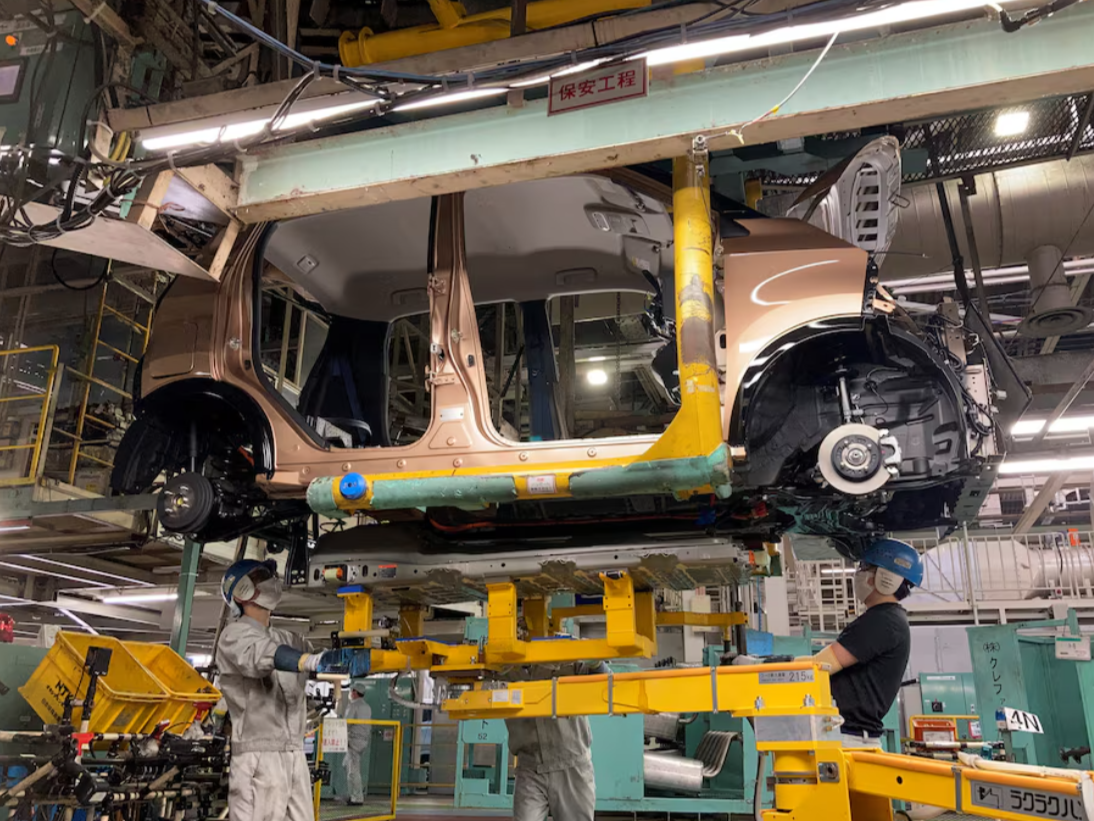According to Japan’s Nikkei newspaper, Japan and the Association of Southeast Asian Nations (ASEAN) are planning to develop their inaugural collaborative strategy concerning automobile manufacturing and sales within the Southeast Asian region.
This initiative aims to counteract China’s expanding presence in the electric vehicle market. Nikkei stated that the intention is to draft an interim joint strategy by approximately 2035, coinciding with a meeting of economic ministers from Japan and ASEAN slated for as early as September.
Apart from that, Japan plans to utilise the 140 billion yen (approximately USD 899.51 million) allocated by its Ministry of Economy, Trade, and Industry for aiding the Global South, particularly for personnel training purposes, as outlined in the report.
In response to heightened competition from numerous Chinese automakers, including BYD, Japan’s Honda Motor recently announced its commitment to doubling its investments in electrification and software development to around USD 65 billion by fiscal 2030.
The collaborative strategy is anticipated to encompass various facets, including cooperation in personnel training, decarbonisation in production processes, procurement of mineral resources, investment in next-generation fields like biofuels, and launching an informational campaign aimed at the global audience to highlight the eco-friendliness of vehicles manufactured in ASEAN. Japanese technologies will be utilised to measure carbon dioxide emissions from factories and advocate for the transition to renewable energy sources.
Regarding investment in next-generation sectors, both parties will explore joint procurement of rare materials utilised in electric vehicle (EV) batteries and delve into research areas such as battery recycling. One of the proposed projects is the development of bio-fuel derived from used cooking oil.
ASEAN hosts factories of several Japanese automakers, including Toyota Motor and Honda Motor. Japanese automakers collectively manufacture over 3 million vehicles annually in ASEAN, constituting approximately 80% of the total production, with many vehicles exported to regions like the Middle East.
Historically, each Japanese auto brand operated independently in ASEAN. However, with Chinese companies such as BYD and SAIC Motor strengthening their presence in the region, there emerged a growing necessity for the Japanese government to formulate a joint strategy.
Japan positions itself as a reliable partner, emphasising contributions in technological advancement and personnel training for the benefit of ASEAN. The increasing prominence of Chinese players presents a formidable challenge to Japanese automakers. Thailand offers subsidies and tax incentives to automakers producing EVs locally, leading to Chinese companies like BYD capitalising on the program, resulting in 85% of EVs sold in the country last year originating from Chinese manufacturers.



